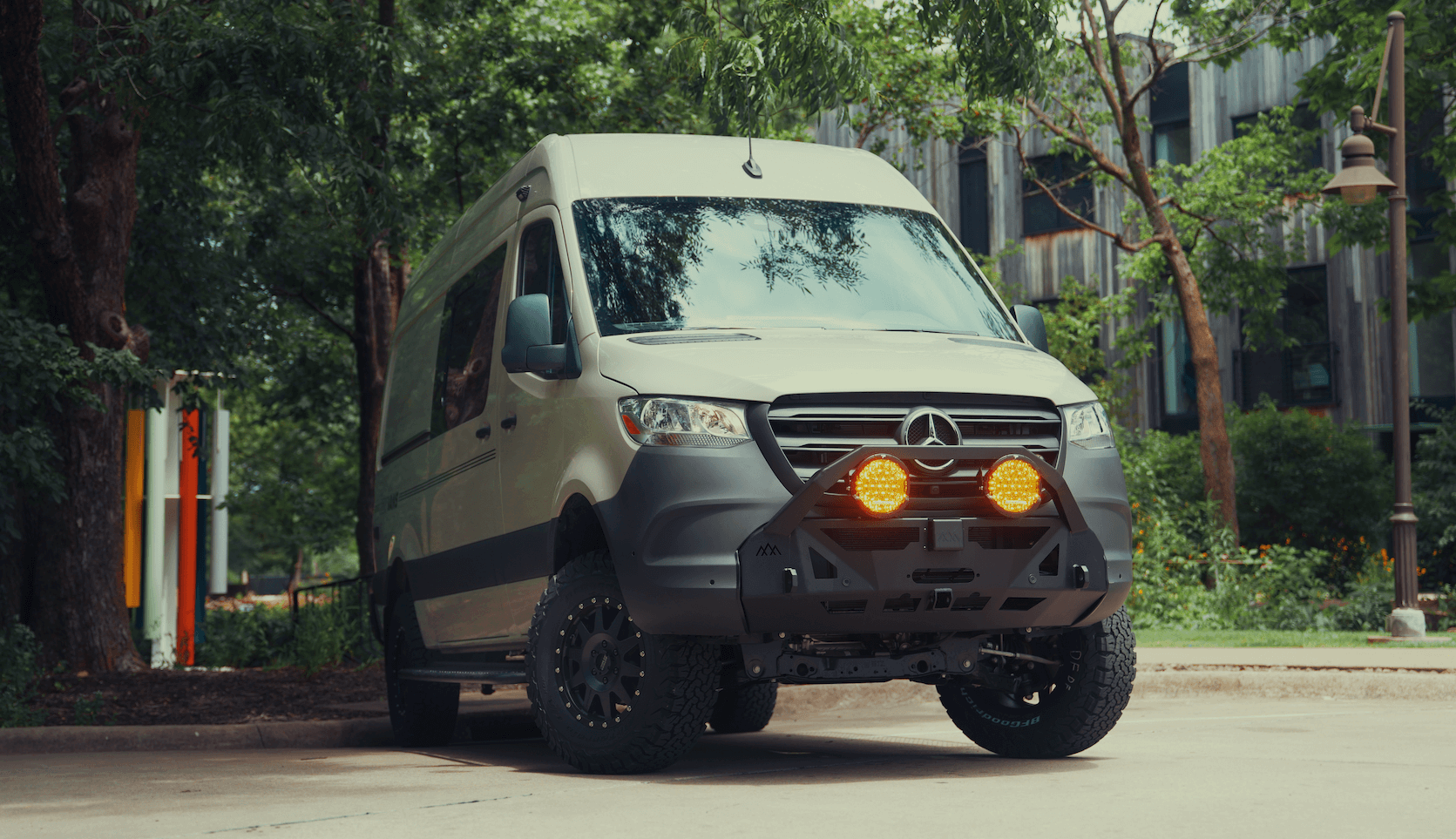Recreational Vans

The old recipe of a relay between starter and house worked when alternators held near constant voltage. Now the alternator often rests below the relay close point, so your house bank never sees a full charge. During brief voltage spikes the relay snaps shut, current surges into a low state of charge battery, and then drops out again. That seesaw leads to heat, nuisance resets, and premature relay wear.
AGM likes a predictable absorption around the mid 14s, then a float in the 13s. Lithium prefers a tight window near 14.2 to 14.6 with no prolonged float and current limited to protect the cells and the alternator. A smart alternator rarely holds a clean profile by itself. Without regulation, lithium banks arrive undercharged, BMS units disconnect under low voltage or overcurrent, and inverters complain under load.
Common signs include a house battery that never reaches full, lights that brighten under braking then dim at idle, or an inverter that trips when you start driving away. You may hear a relay click repeatedly as the alternator output drifts. Sensitive electronics can reset with each voltage swing. In some vehicles, the computer flags errors if it detects unexpected backflow toward the starter battery or the intelligent battery sensor.
Another concern is alternator thermal stress. When a depleted house battery is connected directly, the alternator sees an uncontrolled load. On a hot day or slow climb, that extra demand can push it near its limits. Smart regulators will dial back output to protect the alternator, which further reduces charging to the house bank.
Long cables from engine bay to cargo area add resistance. A few tenths of a volt lost in the run can be enough to prevent proper charging, especially at low alternator setpoints. Undersized wire also heats up under surge loads. Correct gauge, short runs where possible, and quality terminations cut losses and improve safety.
Many modern vehicles do not provide a simple D plus alternator signal. Instead, they rely on CAN bus control and an intelligent battery sensor at the negative post. A DC to DC charger with ignition sensing or a reliable trigger source prevents unwanted discharge when the engine is off and avoids conflicts with the vehicle current measurement.
A DC to DC charger solves the core problem. It takes the unstable alternator output and converts it into a controlled charge curve matched to your battery chemistry. It also isolates the starter battery and respects a start threshold so you do not drain it while parked. Choose a unit with selectable profiles for AGM or lithium and an ignition input to avoid false starts from fluctuating voltage.
Size the charger to the smaller of your alternator headroom or the battery acceptance. Many vans do well in the 30 to 60 amp range for daily driving. If you tow or push heavy electrical loads, you can parallel units with proper alternator protection. Fuse both ends of the long run, use marine grade cable, secure every section against abrasion, and ensure clean grounds back to the chassis or a designated negative bus.
Integrate other sources thoughtfully. Solar provides steady daytime current without loading the alternator. Shore power completes the picture for pretrip top ups or winter storage. A smart battery monitor with a shunt tells the truth about state of charge and helps you verify that the system is doing its job.
Use a multimeter and your battery monitor to confirm voltages at the alternator, charger input, charger output, and the battery terminals during idle, cruise, and deceleration. Watch temperatures and current over a long drive. If numbers drift, investigate grounds, lugs, or settings before the problem grows.
Smart alternator challenges are not just about buying the right device. They are about signal logic, wire routing in tight spaces, airflow around electronics, and calibration that respects both the vehicle and the battery. An experienced shop will map alternator capacity, choose correct triggers, and design a system that keeps your fridge cold, your devices powered, and your starter battery protected.
OZK Customs builds complete adventure rigs and executes partial upfits that include DC to DC charging, alternator integration, and full electrical systems tailored to your travel style. Our process starts with use cases, not parts. We size the charge path to your alternator, match profiles to AGM or lithium, and validate performance on the road. When we hand off a van, the power system feels invisible. It just works.
At the end of your build, you can walk through every switch and circuit at our lounge, learn how to read your battery monitor, and leave confident that your lights and heat will run through the night. That is the difference between guessing and engineering.
Smart alternators brought efficiency to modern engines, but they complicate auxiliary charging. With the right plan and a clean install, you get stable voltage, full batteries, and a quiet cabin free of clicks and flickers. If you want an electrical system that supports real travel, talk to a team that lives it and builds it daily.
Strong next steps:
Explore our services:
What we do: full custom builds, partial upfits, power system design and installation, interior layouts, storage, suspension, lighting, racks, and professional integrations for travel ready vans and overland rigs. We do not rent vehicles and we do not support DIY builds. If you want your power system to perform in all seasons, we are ready to help.
Ready for stable, road proven charging that protects your batteries and powers your lifestyle. Book a power system consult with OZK Customs. We design and install DC to DC charging, alternator integration, and complete electrical packages inside full custom builds or partial upfits. Tell us how you travel and we will engineer the right solution.
ADDRESS:
6159 E Huntsville Rd, Fayetteville, AR 72701
PHONE:
(479) 326-9200
EMAIL:
info@ozkvans.com